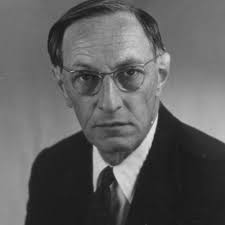Boris Ephurussi
Country:
France
Company:
Science
Son of chemist Samuil Efrussi, born in Chisināu. In 1974 Ephrussi won a Louisa
Gross Horwitz Prize from Columbia University. Ephrussi lived to see that transplanta- tion was transforming into agenetic toolthat would take on a new and morepowerful aspect in the molecular era.
However he died before seeing the genetic advances made by DNA recombina- tion studies which had been set in motion by the studies he had undertaken. It can be said that Ephrussi was a pioneer of embryology and a main contributor to the recon- ciliation of modern genetics and Embryology.
During World War II, Ephrussi spent most of his time as a refugee at Johns Hopkins University. Following this he began work in France on yeast and cytoplas- mic genetics. He began working at the Institut de Biologie Physicochimique (the Rothschild Institute) in Paris, and later worked at the CNRS at Gif-sur-Yvette, where he studied the contribution of cytoplasm to the cell phenotype and pursued the in- tractions between nuclear and cytoplasmic genetic endowments necessary to the yielding of an intact, functioning (albeit single-celled) organism. Boris Ephrussi was a pioneer in questioning the consensus at the time that heredity could be accounted for exclusively by nuclear genes. Ephrussi famously said, "we cannot determine the truth of a hypothesis by counting the number of people who believe it"
